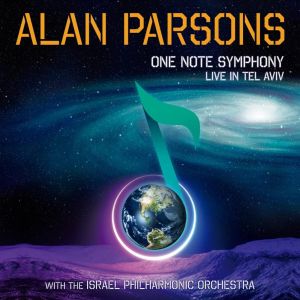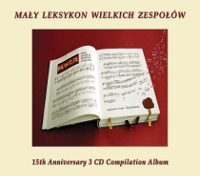On June 4th, 2019, Alan Parsons and his band appeared at the Charles Bronfman Auditorium in Tel Aviv, which was recorded and has now been made available in multiple formats. Why record a live album just a month on from the last one? Because this time they were performing alongside the Israel Philharmonic Orchestra, that’s why. There has been a rather mixed history of bands performing alongside classical musicians, as sometimes it can be truly inspired while at others it can be incredibly flat with both sides feeling at odds when working with the other. However, with Alan it makes perfect sense as he aims to reproduce his studio efforts very closely with little room for improvisation or musicians going off at tangents, so in many ways it feels like they are working to a score anyway.
The strange thing is that not only does the use of the orchestra add both depth and lightness to the performance, but the band also themselves seem more relaxed than in the other live album, to which the audience respond and it must be said this is rather more enjoyable because of all of this. The sax solo in “Don’t Answer Me” is lifted by having the strings to play against, while Alan has also amended the set to allow for the orchestra to shine so we get their take on “The Sorcerer’s Apprentice” which opened their last studio album, ‘Secrets’. It is of course best known for appearing in ‘Fantasia’ and was composed by Frenchman Paul Dukas. The crowd definitely get into it when the guitar kicks in and moves it into a more rock direction, which is then taken up by the horns.
I only have the audio version but of course this has also been made available in Blu-ray, which I am sure is worth seeing as there is most assuredly far more life in this performance than in ‘The Neverending Show: Live In The Netherlands’, and the use of orchestra takes to the next level with some wonderful arrangements care of keyboard player Tom Brooks, who used former Alan Parsons Project conductor Andrew Powell as inspiration for the scores of some of the other songs included in the show. This captures Parsons at his best, and the two closing numbers of “(The System of) Dr. Tarr and Professor Fether” and “Games People Play” are superb.








